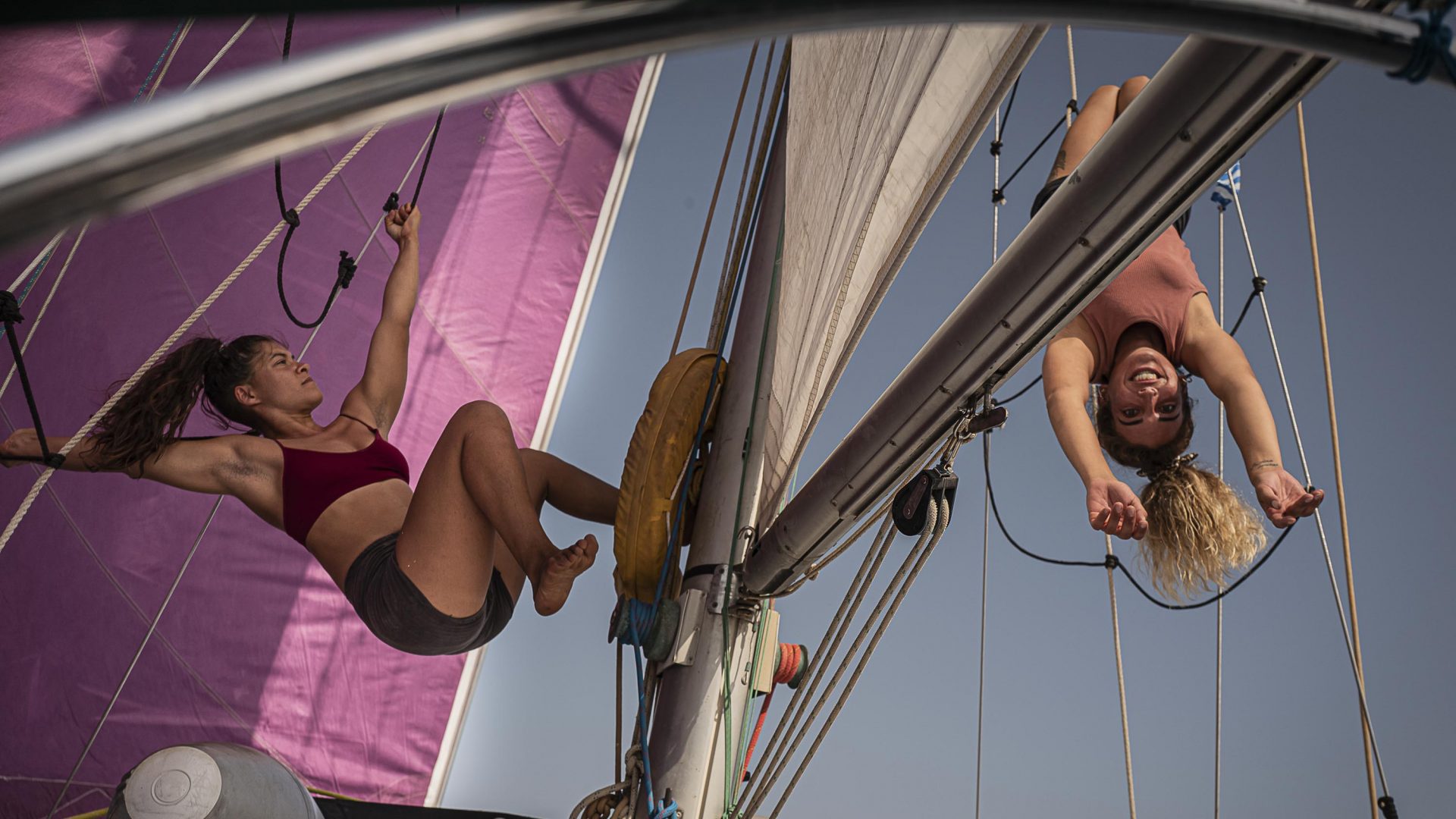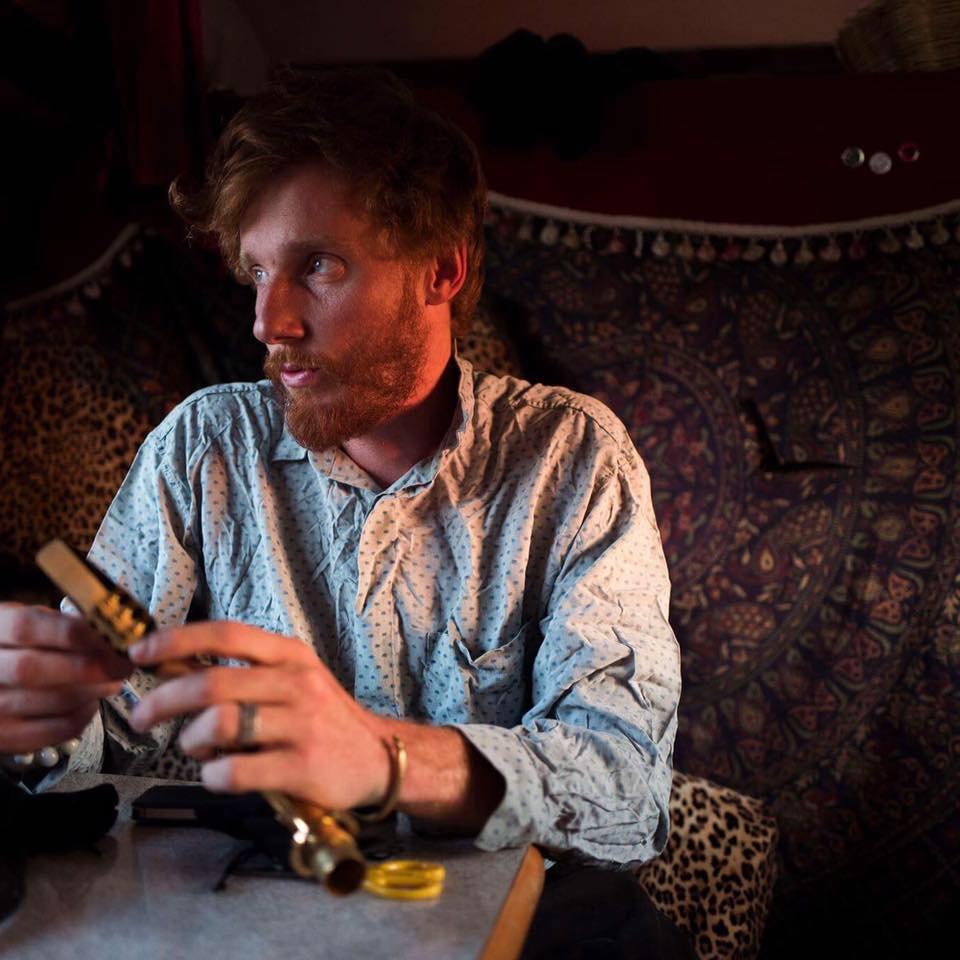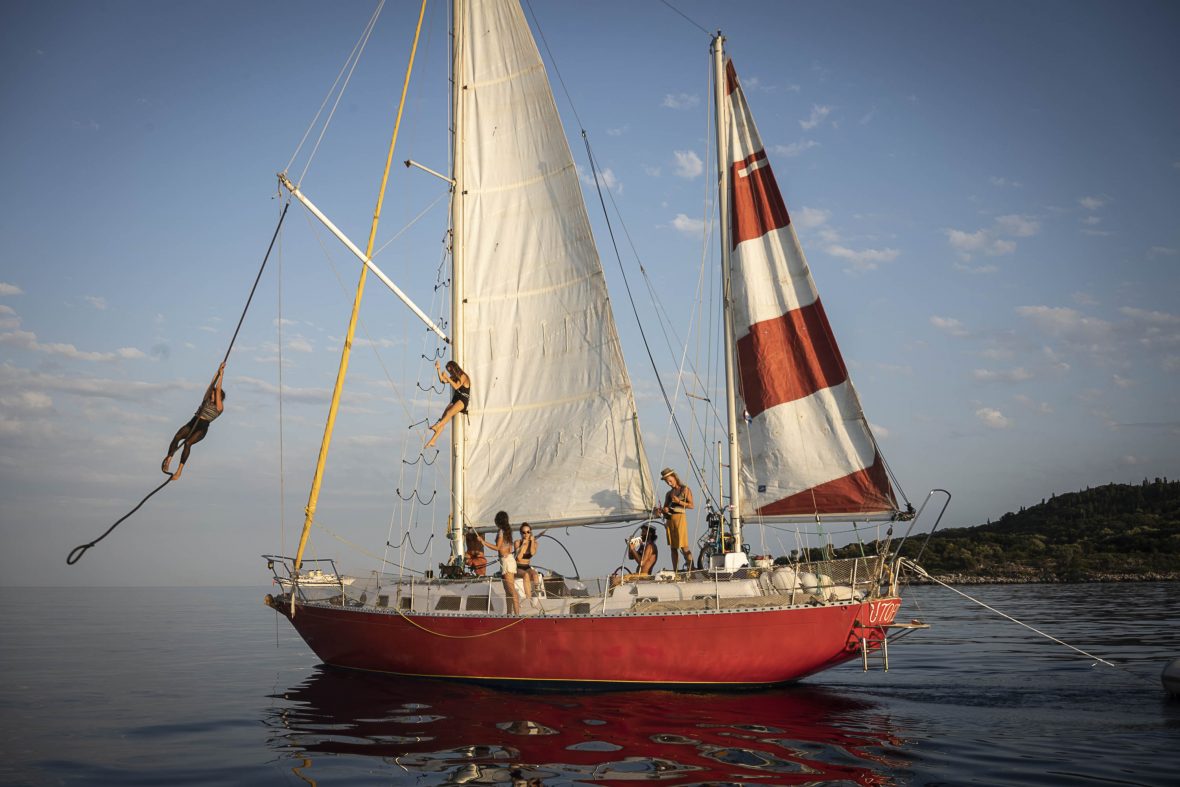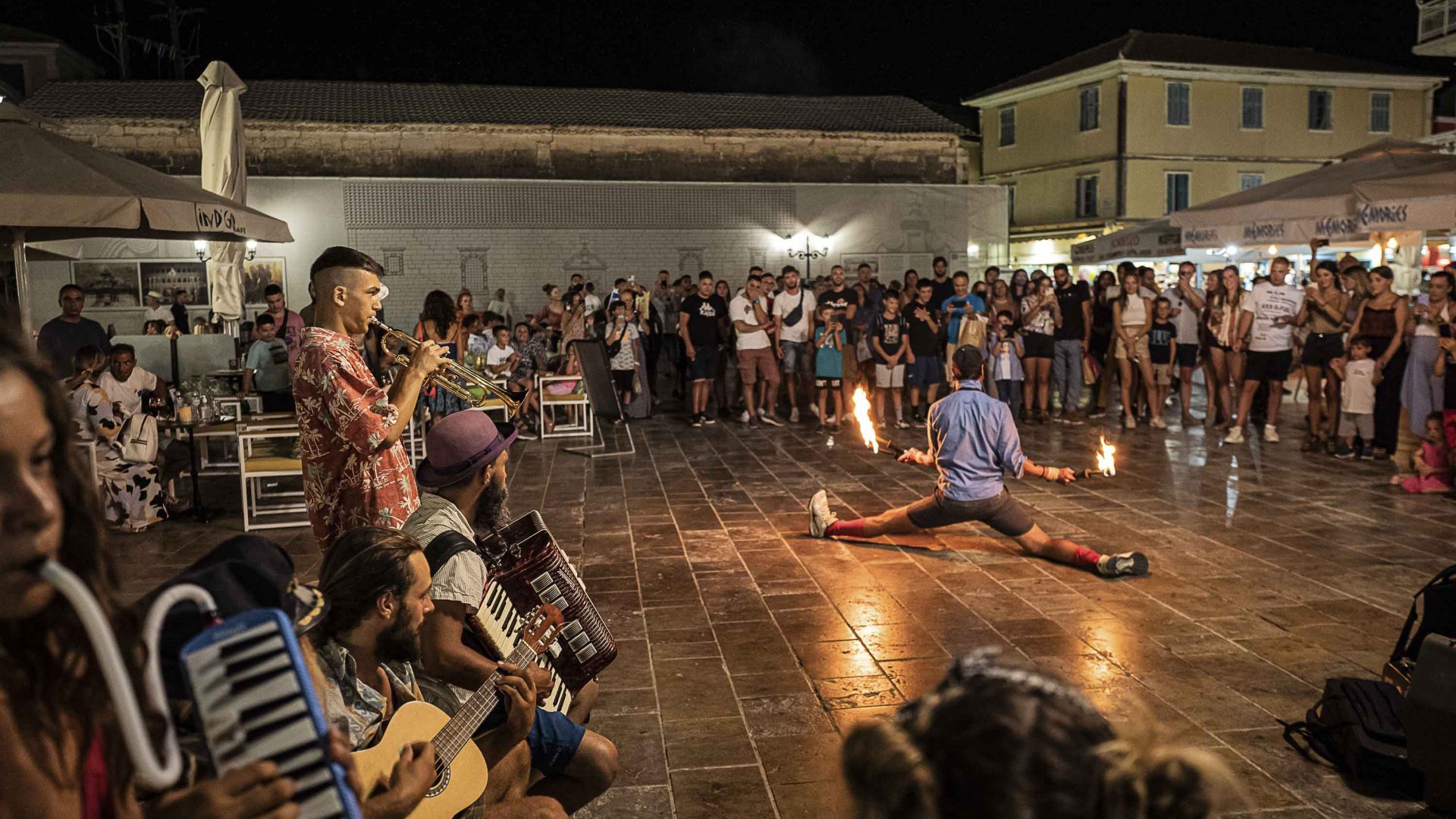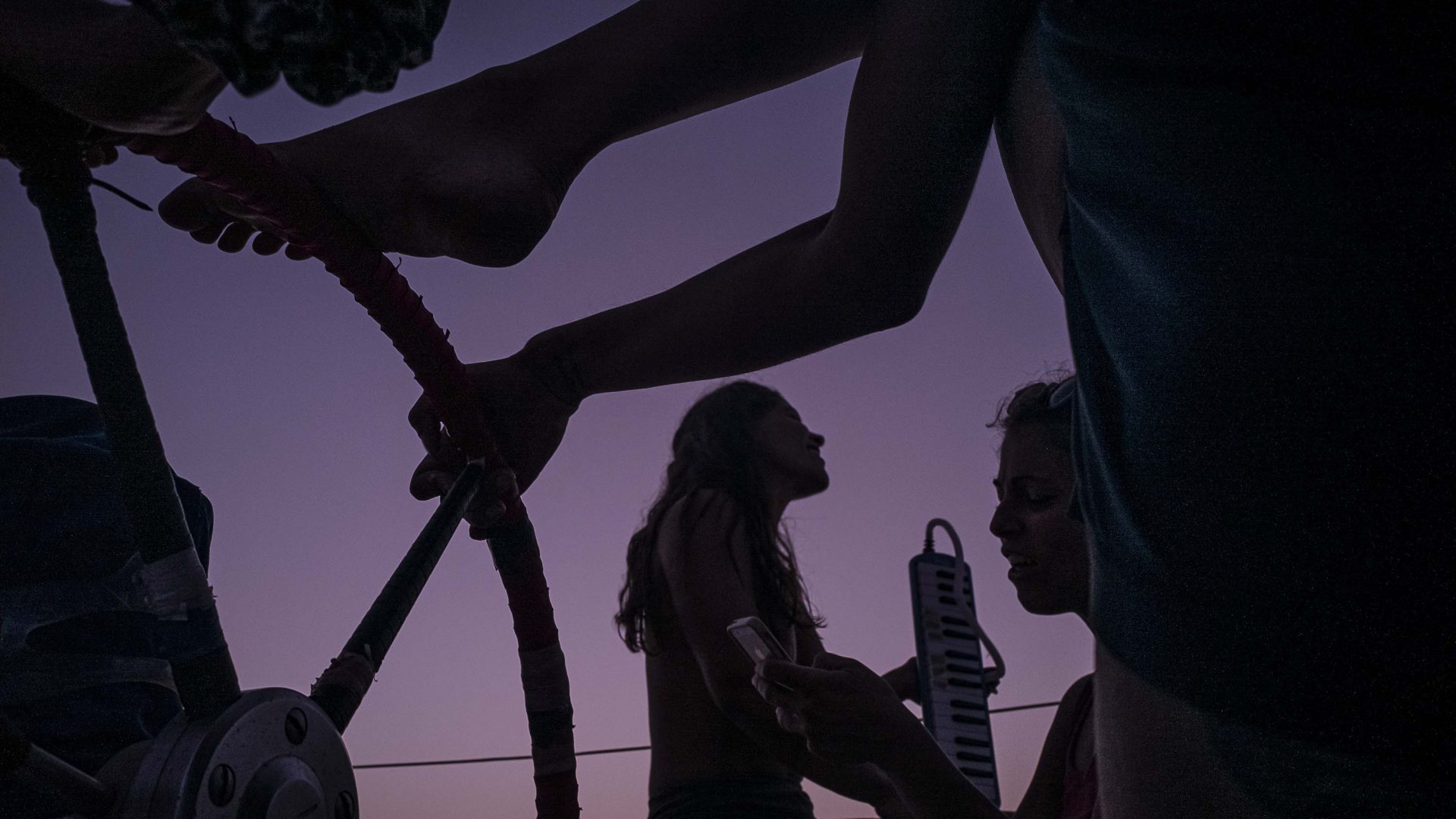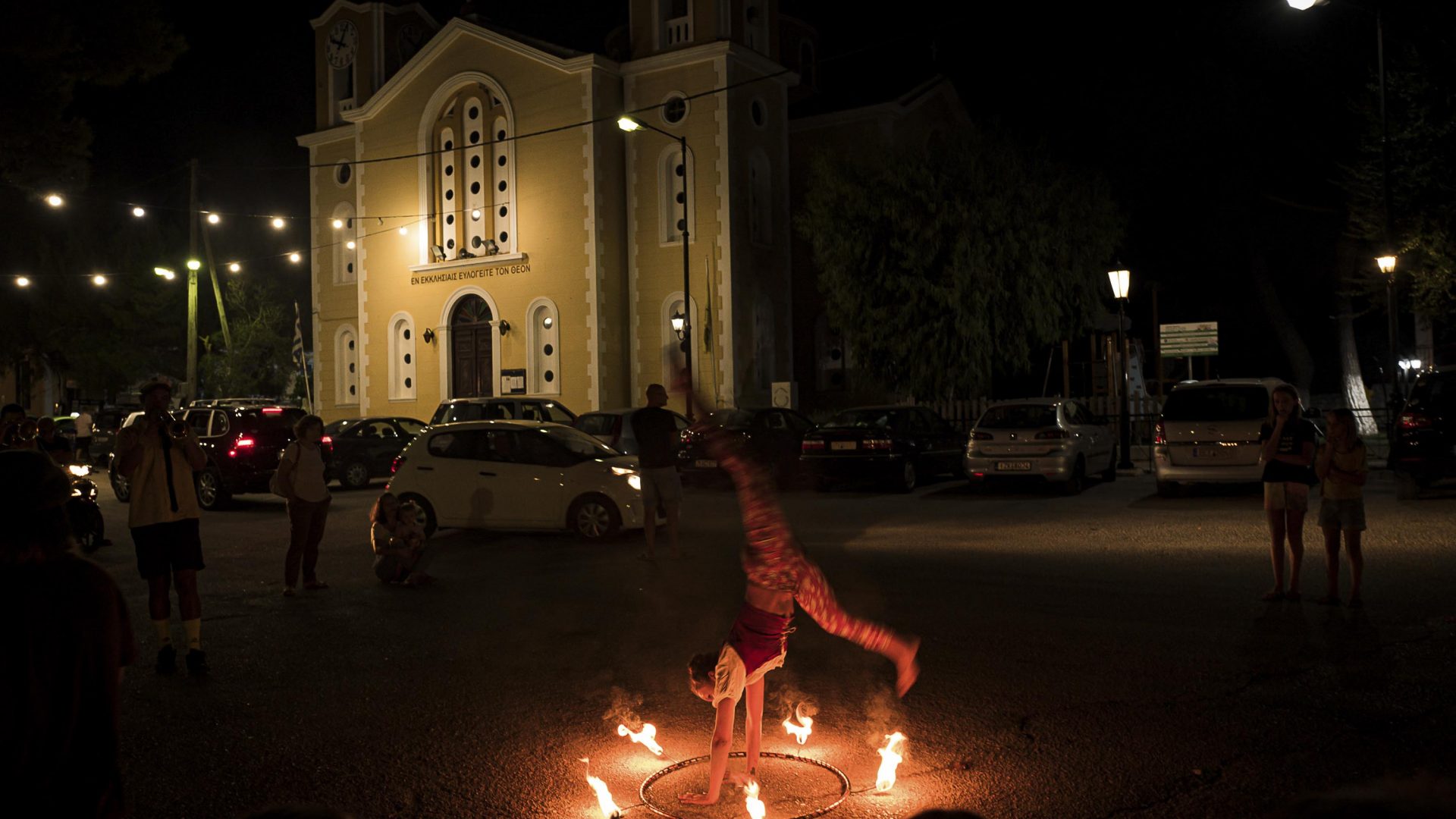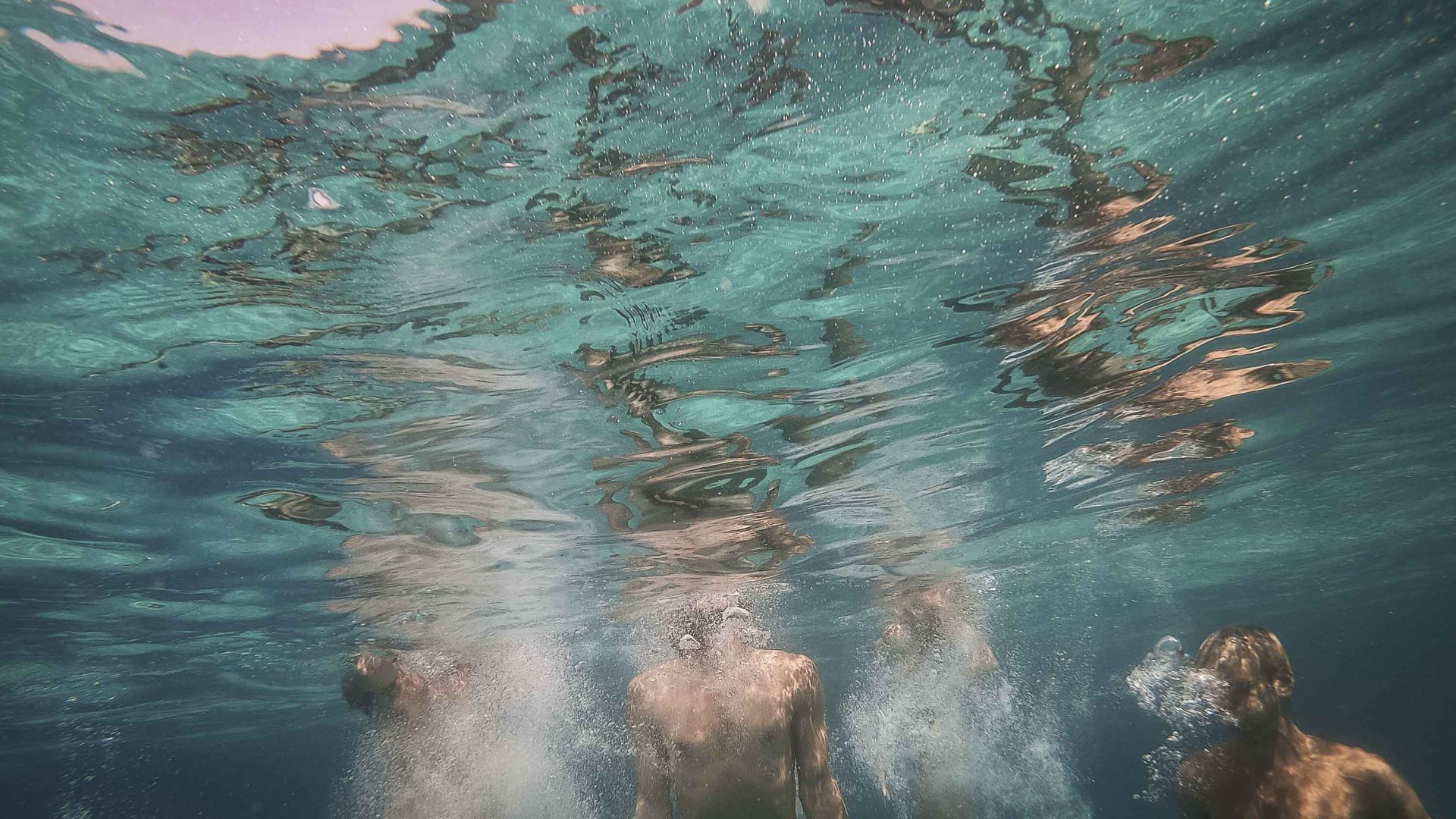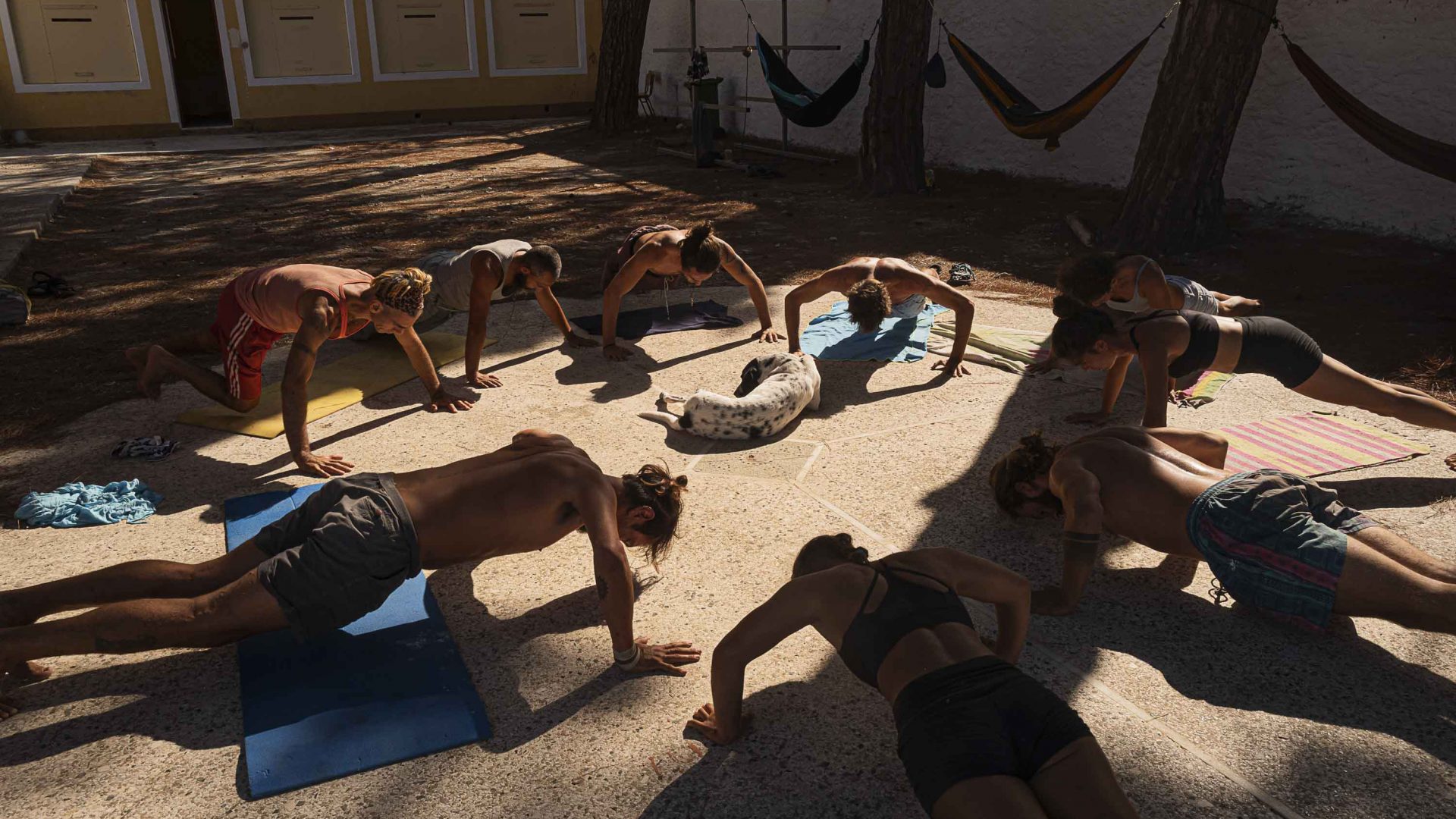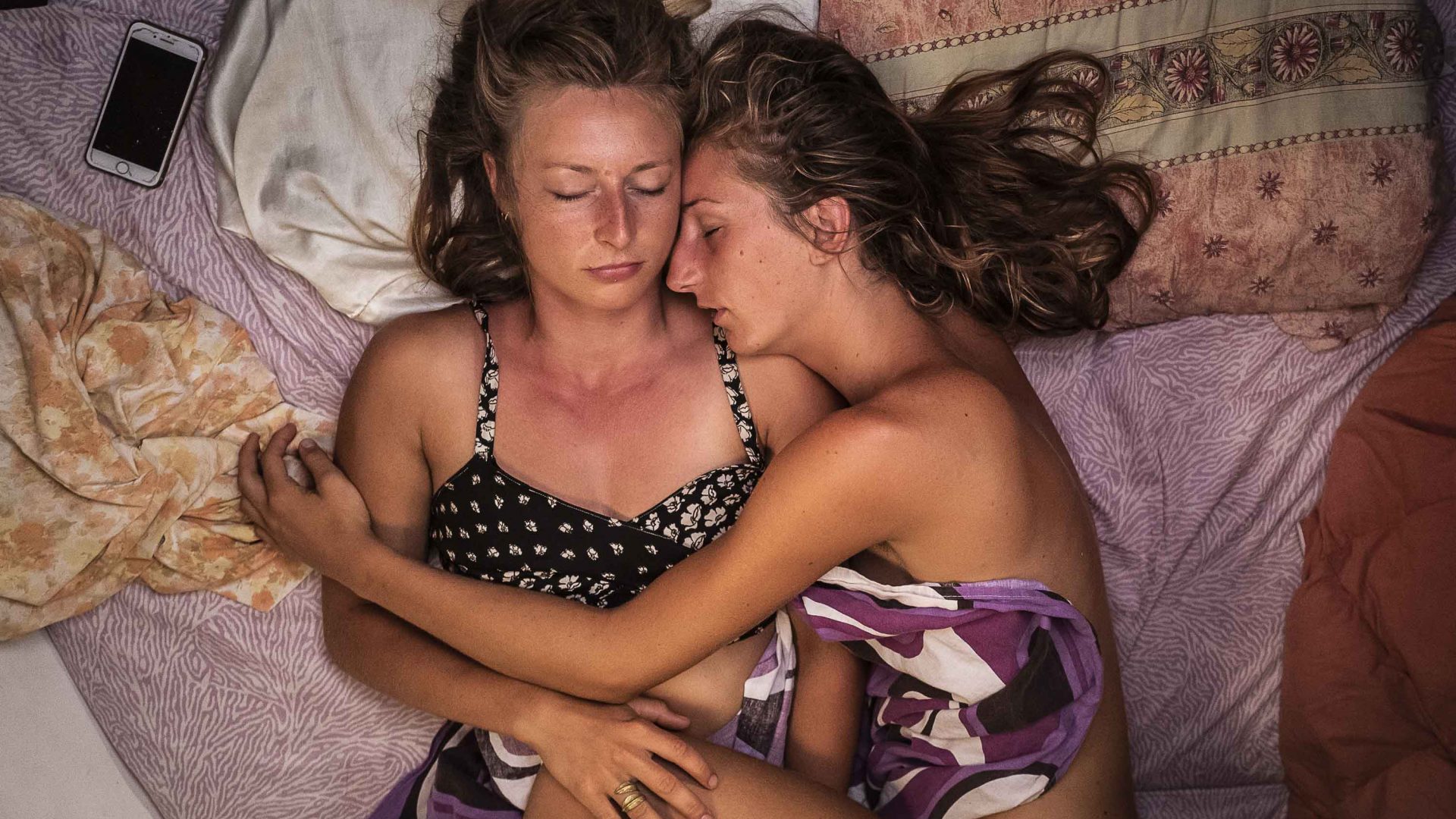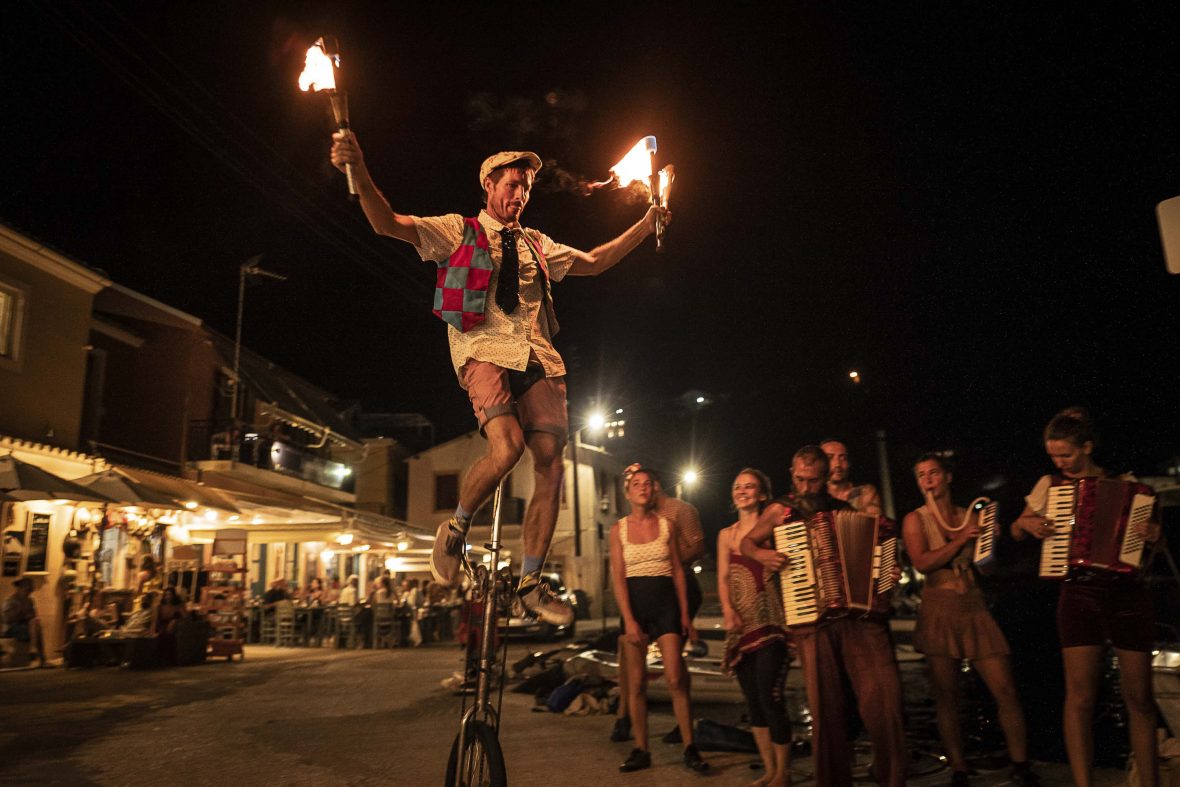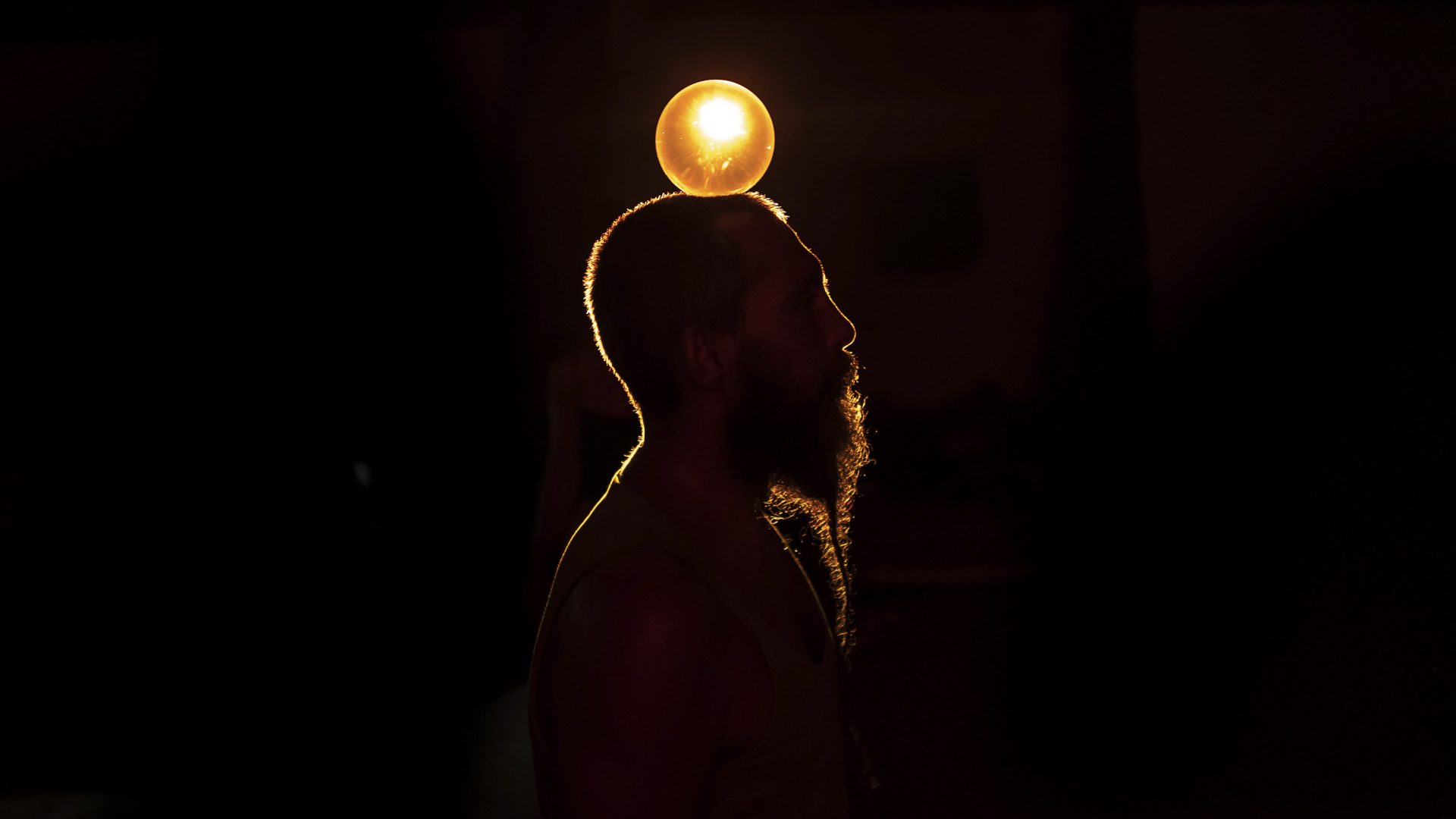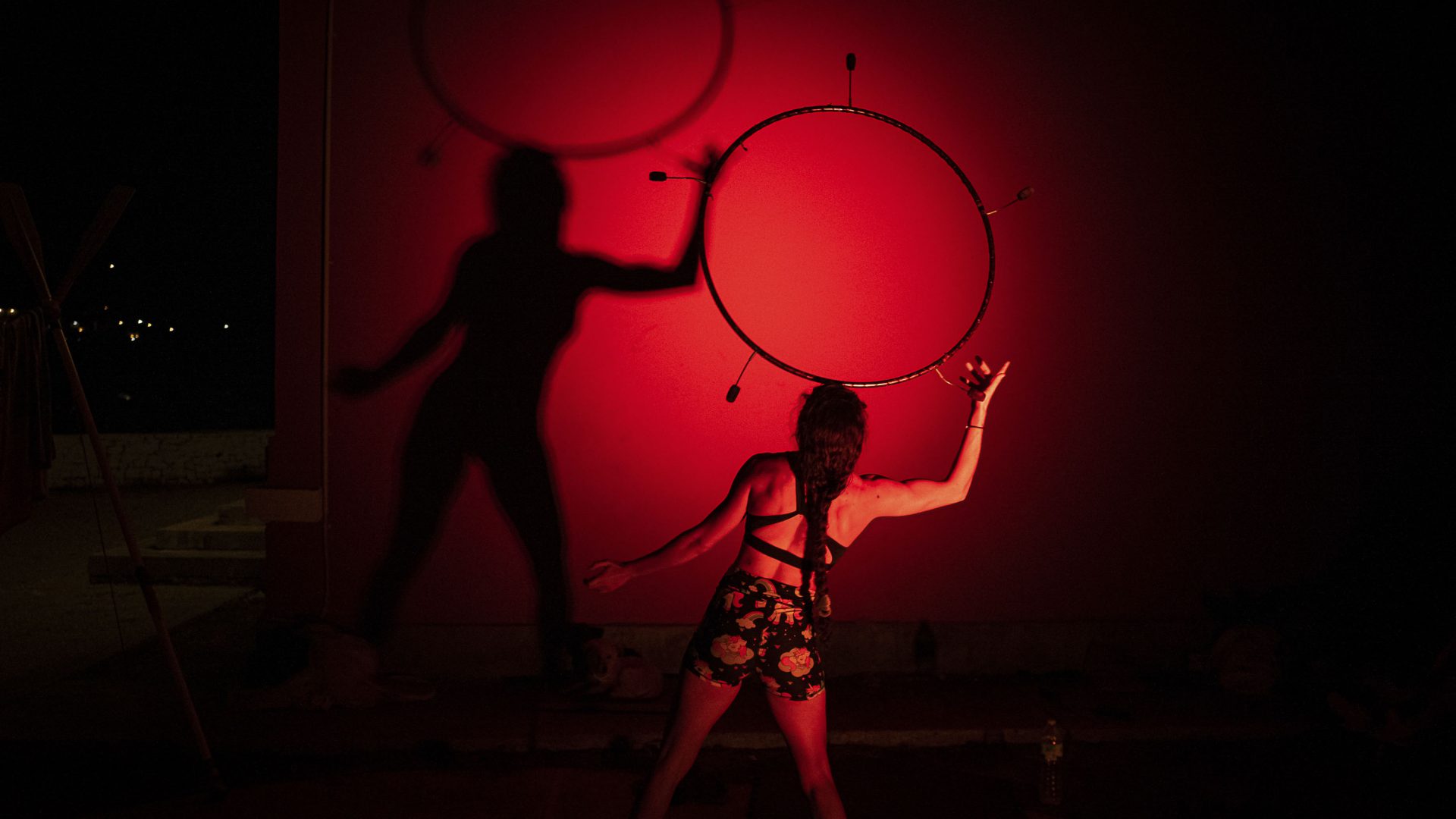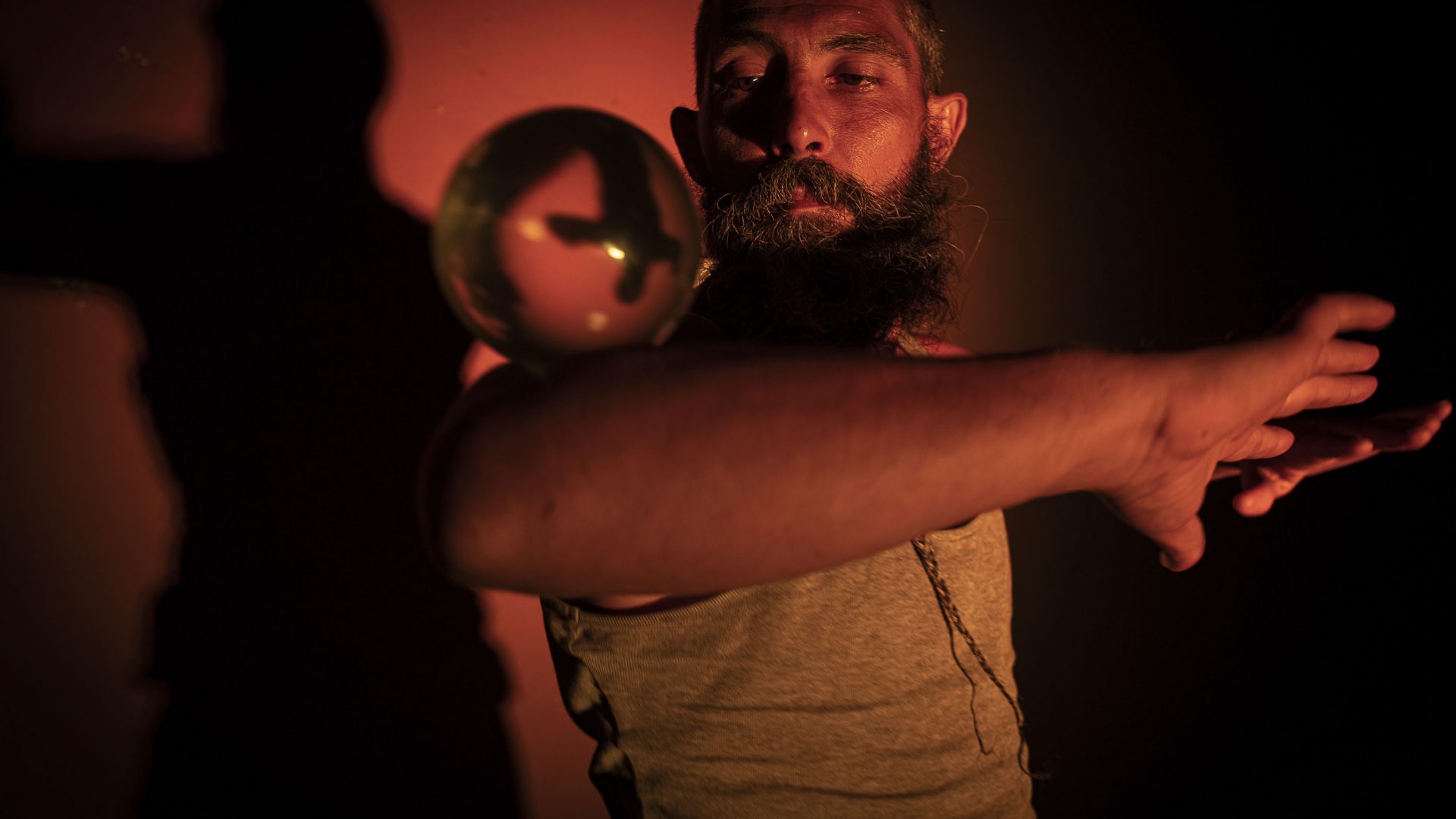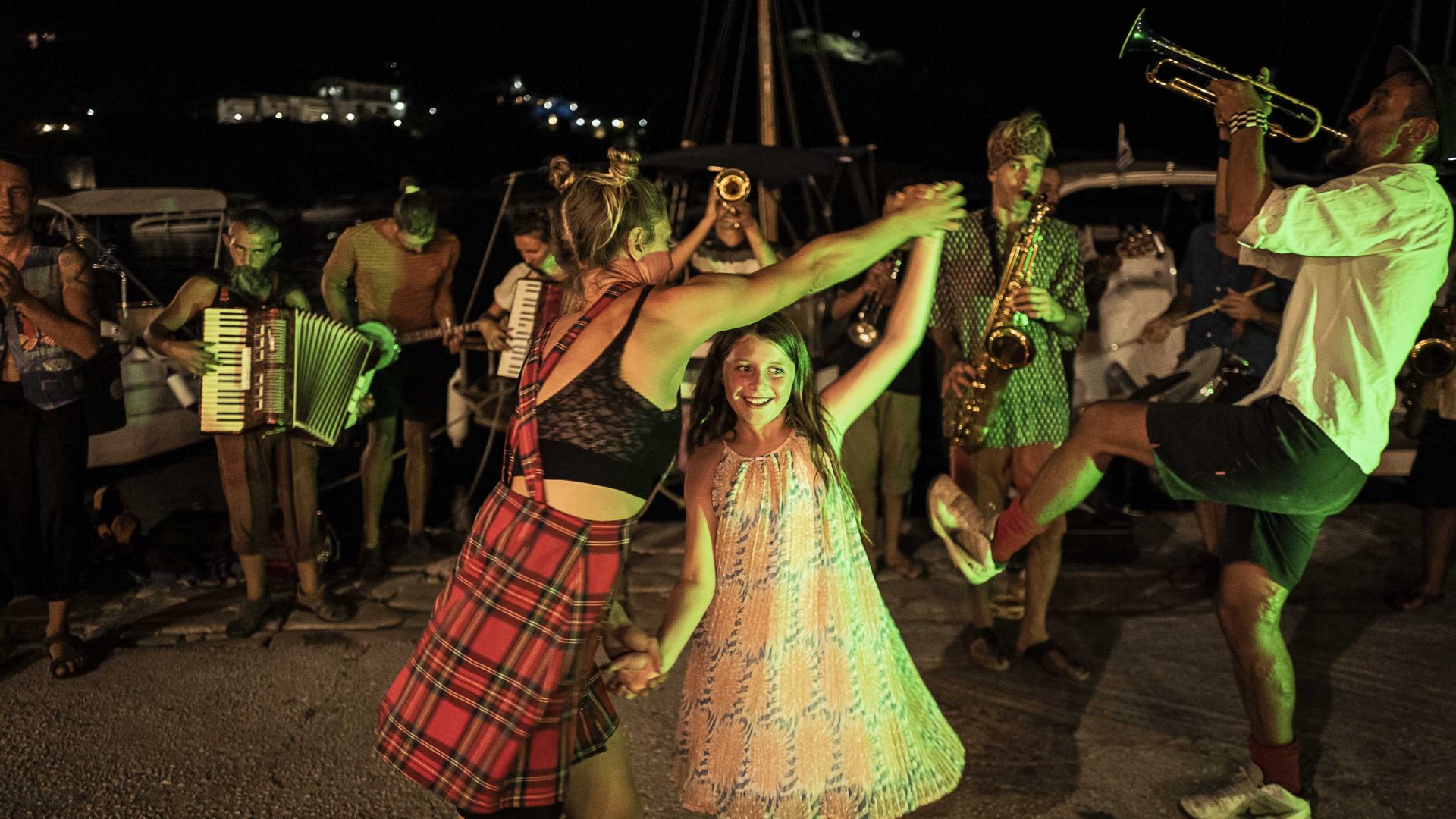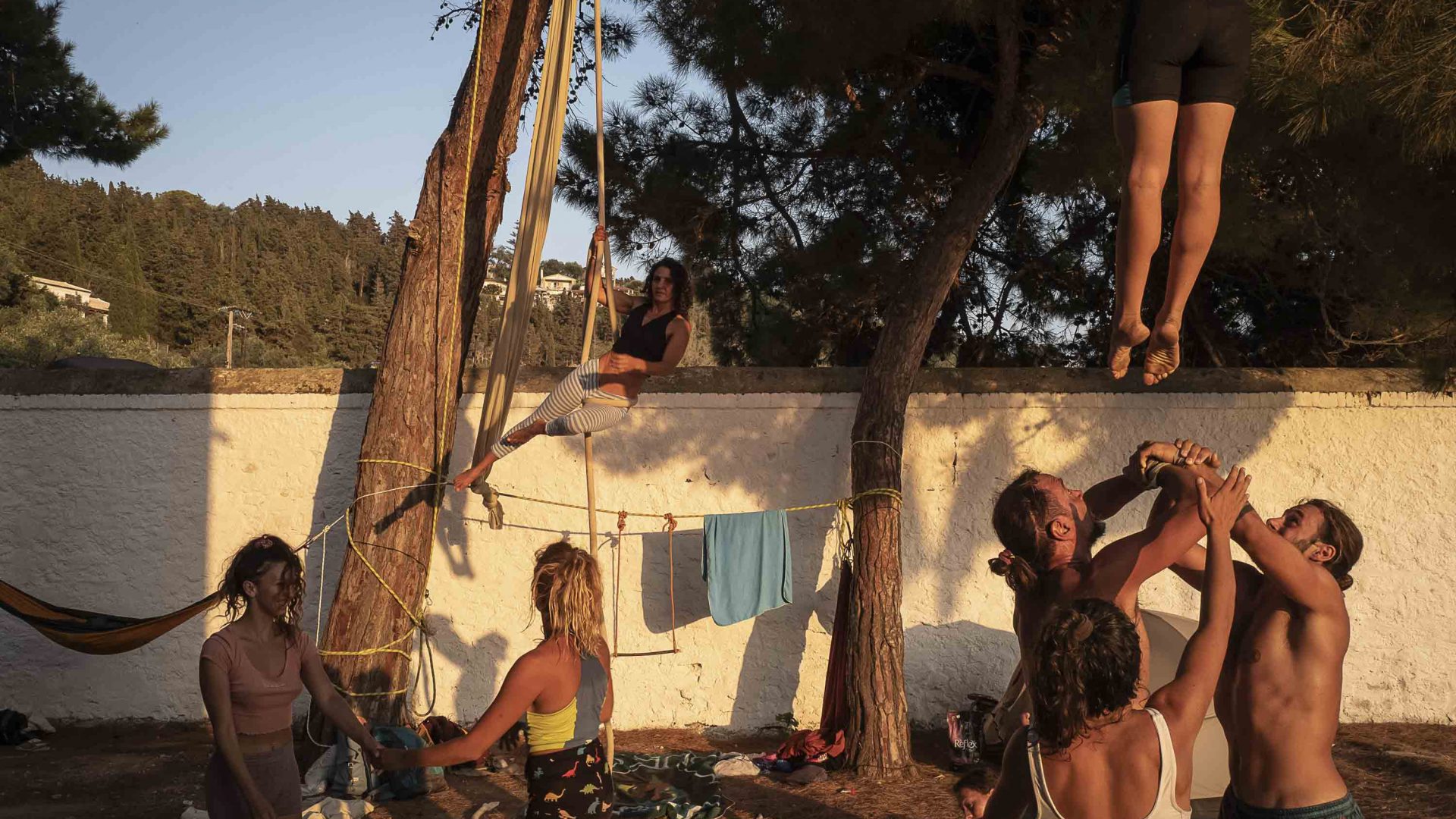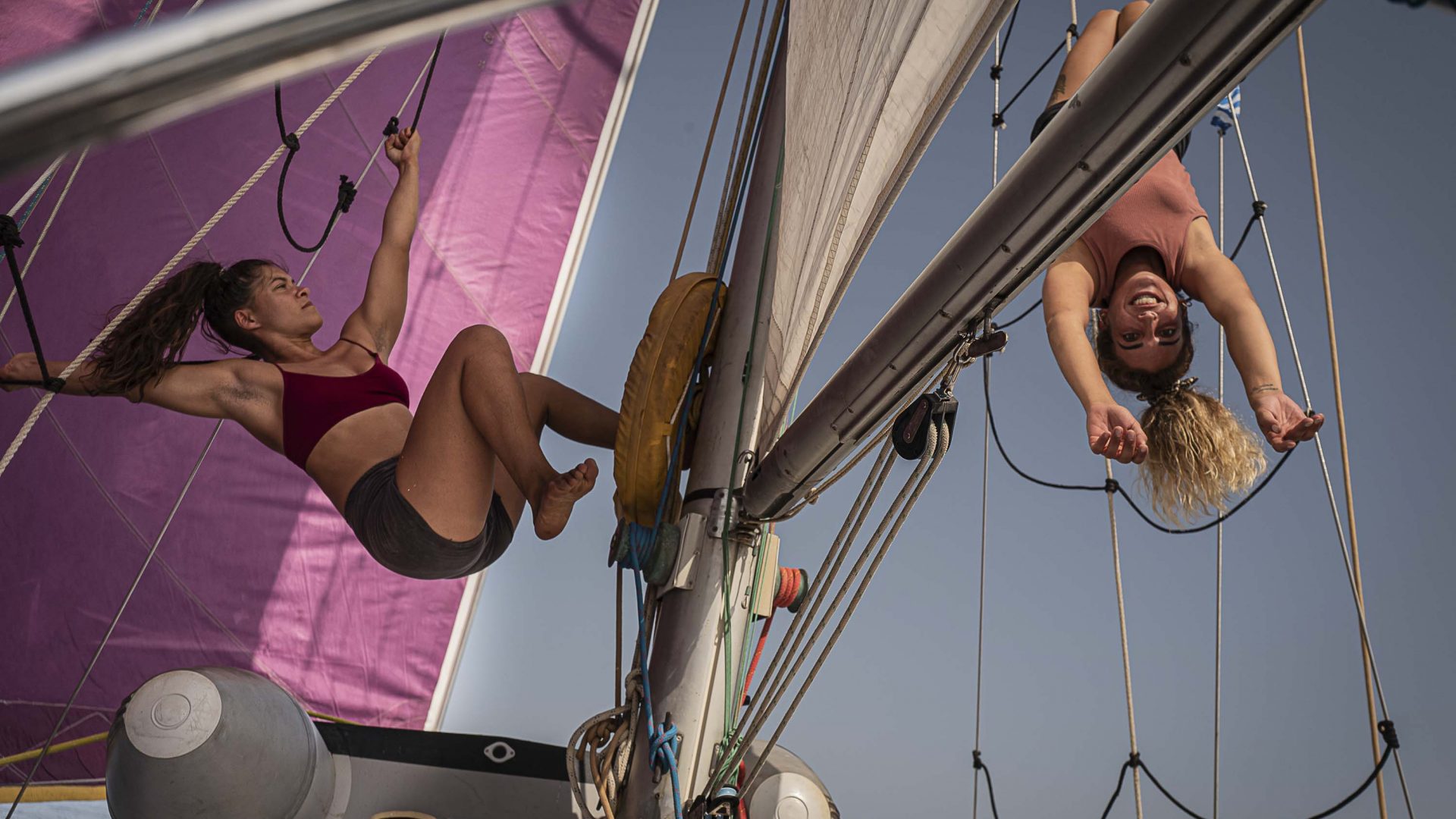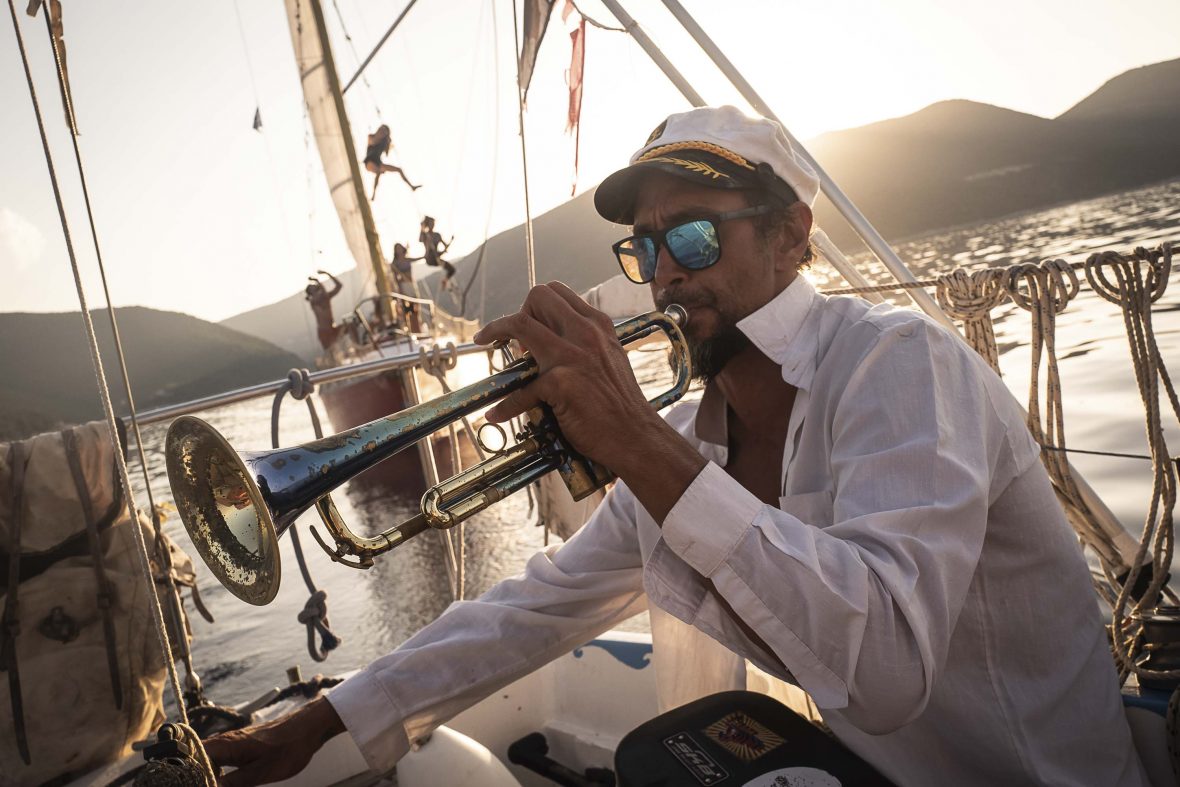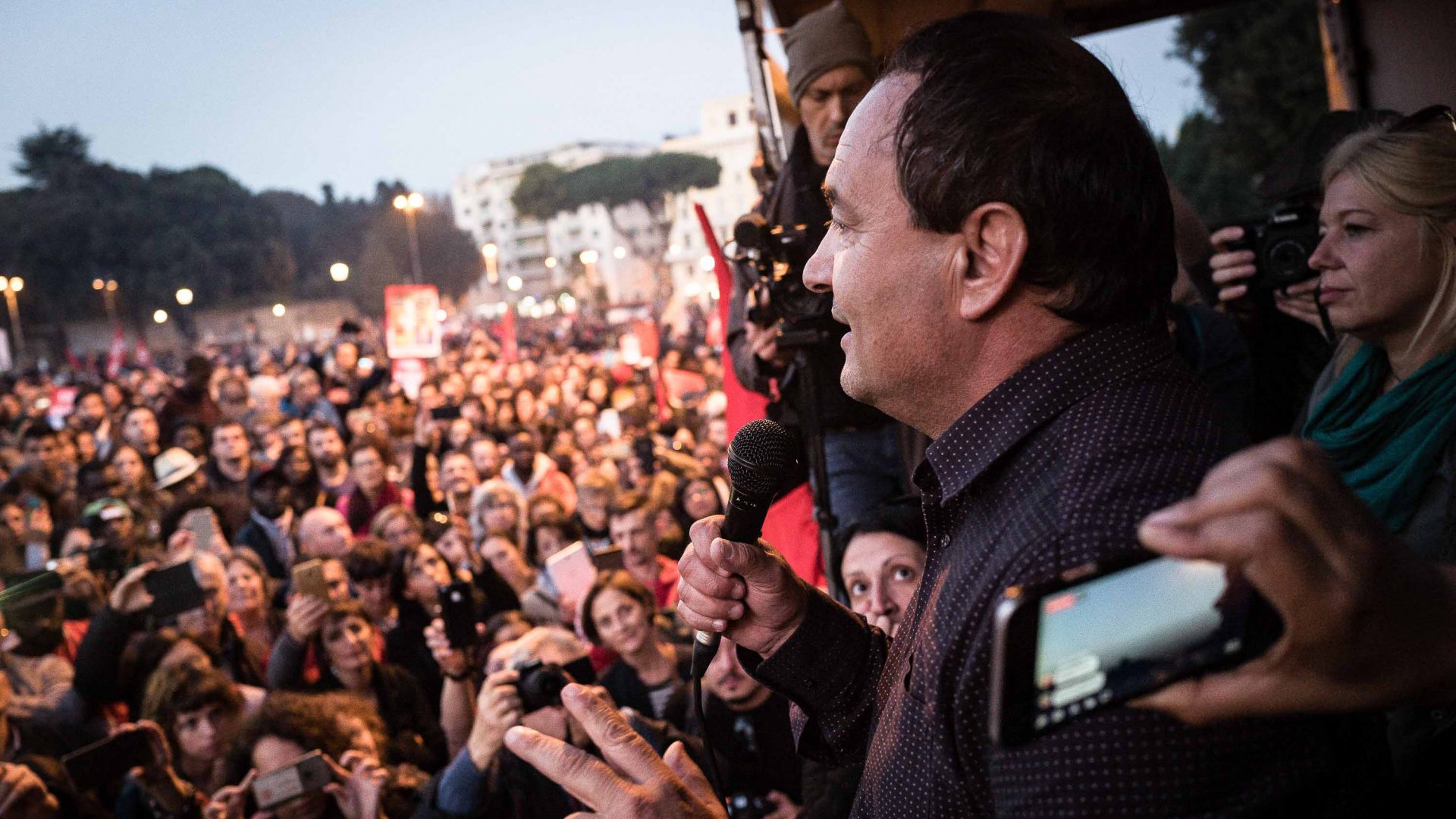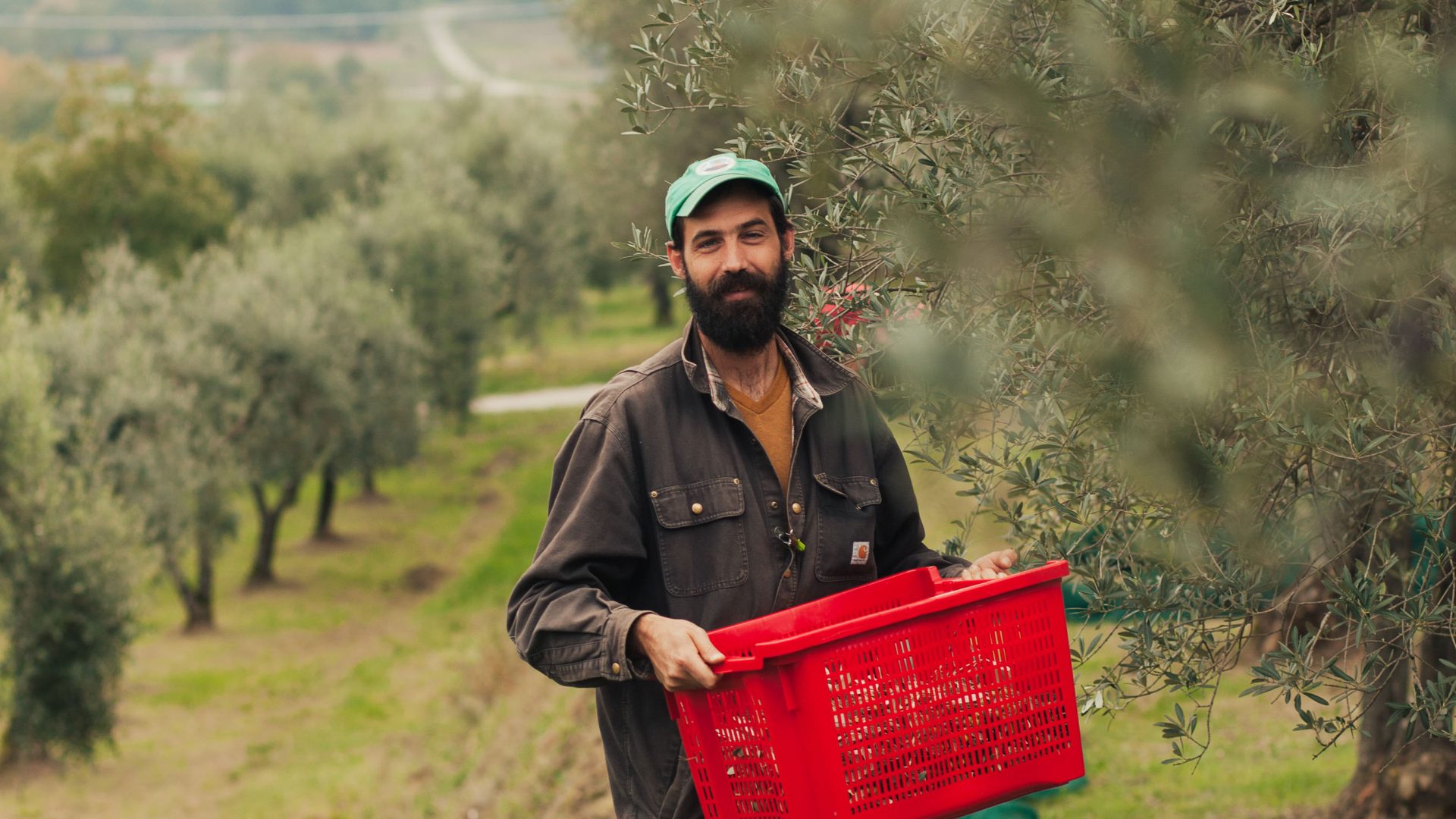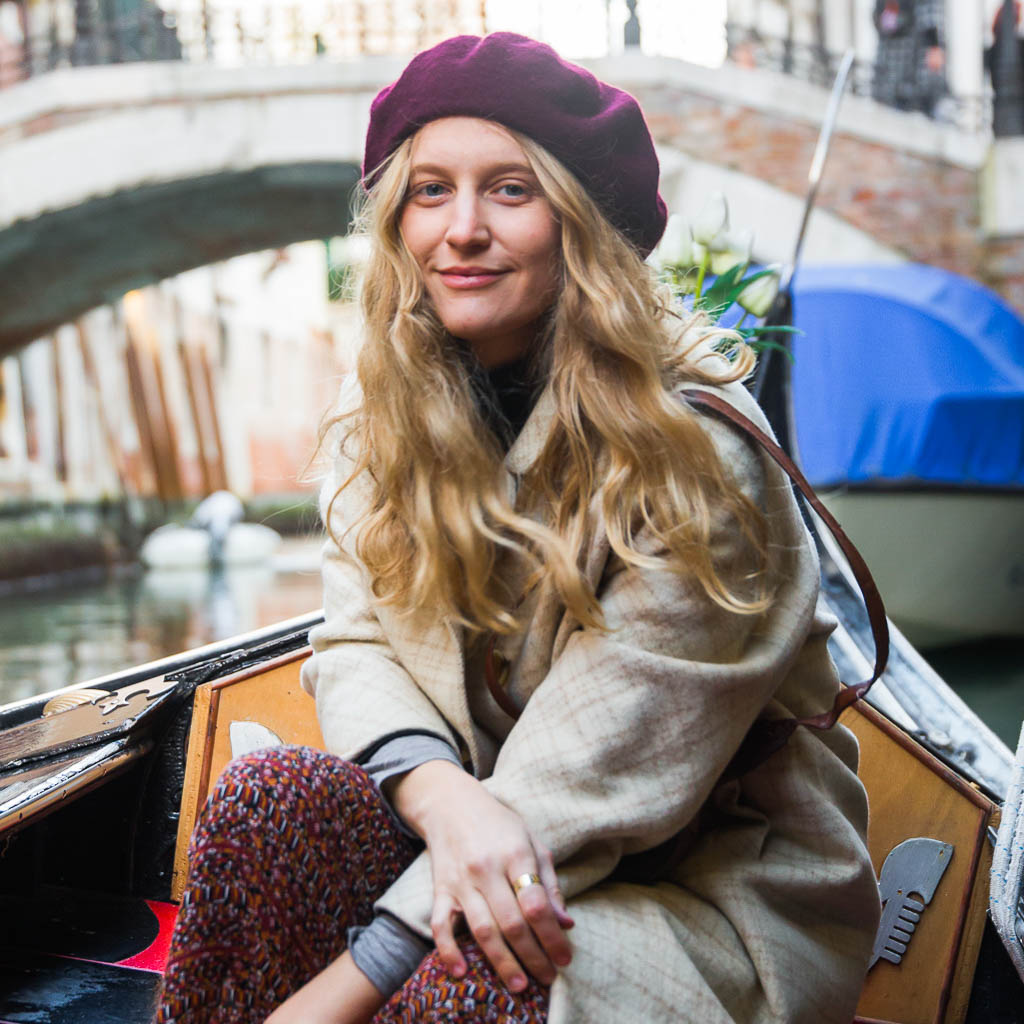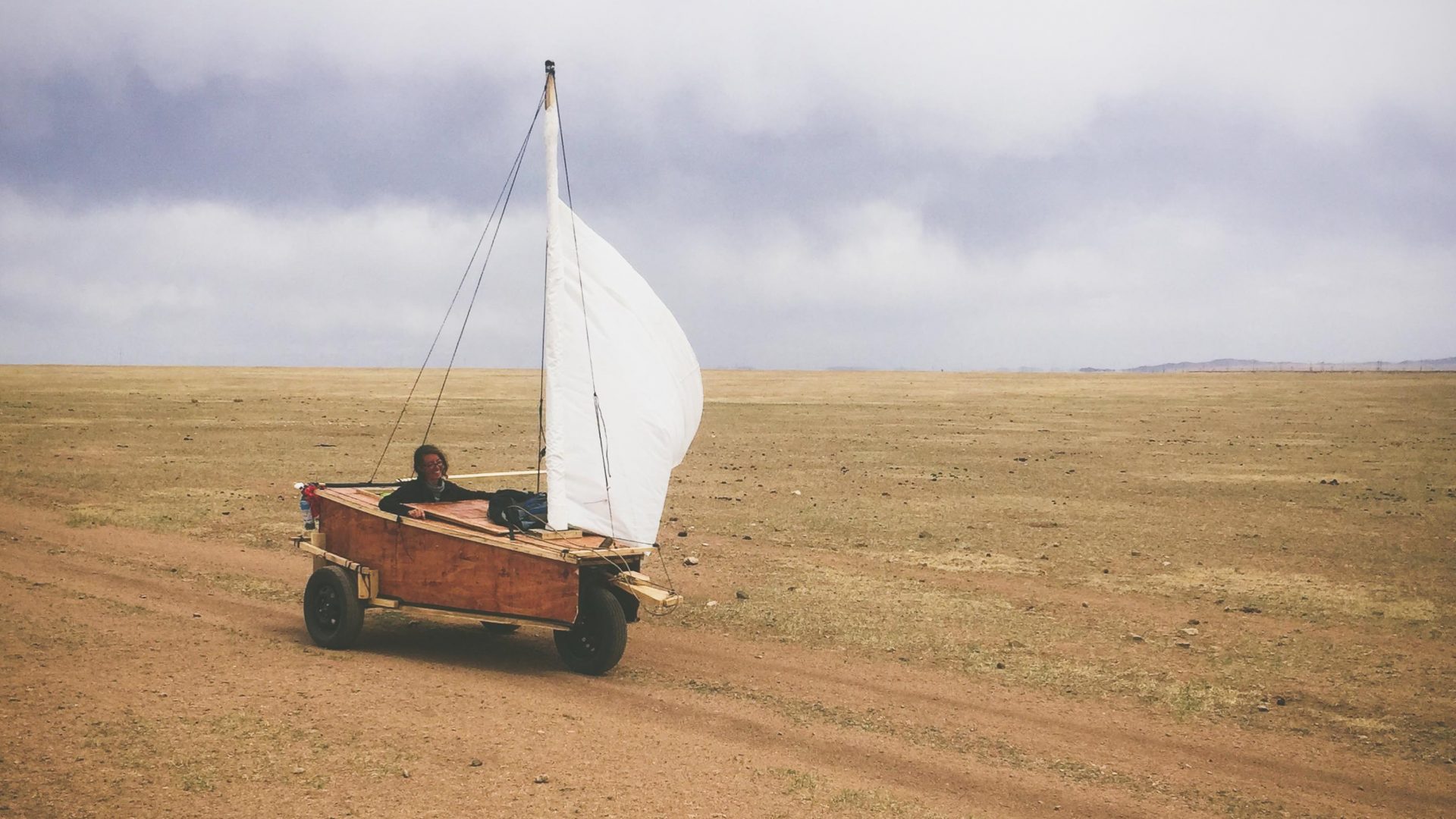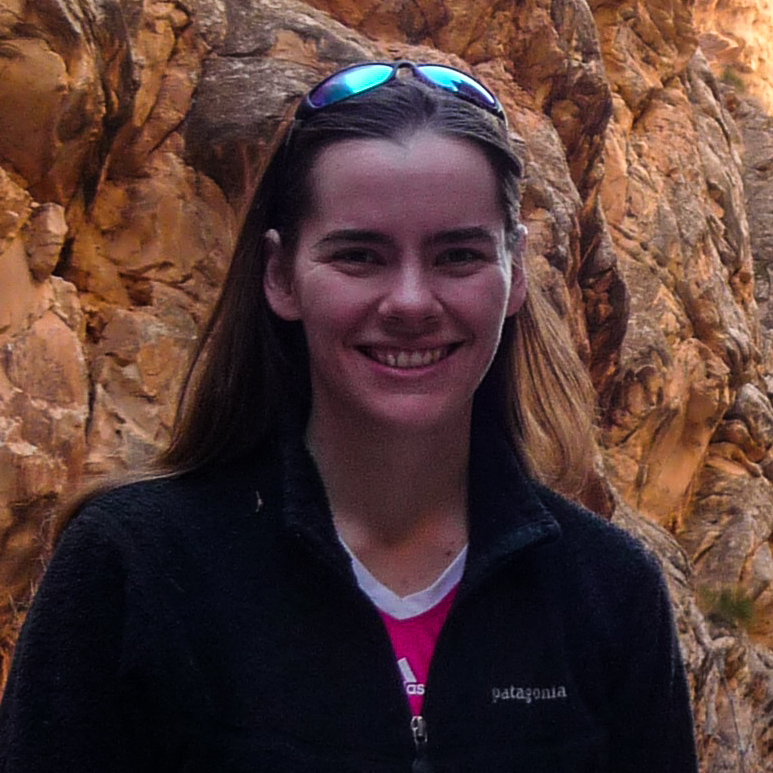Part-floating circus, part-nomadic community: The Sea Clown Sailing Circus is a fully-realized exercise in an alternative way of living. Photographer Nicola Zolin clambers aboard for an insight into the world of the Sea Clowns.
Every summer, the ritual repeats. Street artists, acrobats and musicians from all over the world arrive, with backpacks full of instruments, gear, colorful clothes and enthusiasm, to join the Sea Clown Sailing Circus: A nomadic circus crew that’s been sailing the Mediterranean for the last 15 years.
Some of the Clowns are Greek, most are Europeans, and others come from as far away as South America or Japan. They’re all attracted by the magic of the circus and the sea. Every year, they meet in Greece to spend their summer surrounded by waves, living in a community that’s constantly changing. Clowns come and go, but the circus keeps on sailing.
“To be a member of the Sea Clowns, you either have to be an acrobat, a musician or a sailor,” says my guide, Pericles, as we round the coast of Ithaca. “If you know a bit of everything, that’s ideal!”
Half-Greek and half-French, Pericles is a 40-year-old performer who’s spent most of his life traveling with the Clowns and dreaming of becoming a musician. When he was younger, he ‘boat-hiked’ to Cuba on a sailing vessel, and quickly realized that life at sea was much more fun than dry land.
RELATED: In photos: How sport and creativity is giving Gaza’s youth a vital release
He earned a sailing licence and got a job taking tourists around the Greek Islands, earning good money in summer and jamming the rest of the year, pursuing his musical dream. It turns out most of the Clowns share a similar freewheeling trajectory.
At the end of the show, Fred, the founder of the Sea Clowns, invites everyone to fill their hat with cash. That money isn’t much, but it’s the lifeblood that allows the circus to survive. “We live or we die by the hat,” Fred likes to say.
A good show at a busy port might generate a few hundred euros, most of which is spent on food for the crew, or repairs for the boat, which has to stay shipshape year after year, summer after summer.
Most of the Sea Clowns live pretty simply. It’s clear they’re not here to get rich. They could earn better money in proper circuses on the mainland, but the nomadic sea life is too sweet to pass up. Lifestyle and attitude are crucial. If the energy on the boat isn’t good, the whole project falls apart.
“This is the way I always wanted to live” Fred tells me as we sail from the island of Lefkada to Paxos on the Circus’ original boat, Surloulu. “I always wanted to live free and to change the world with my actions.”
Born in Alaska, Fred traveled the United States for years with a crew of nomad artists, riding in buses and cars, performing shows all over America.
RELATED: Meet the couple who sailed across Mongolia in a handmade cart
“We wanted to change the world, but I felt we were just doing like everybody else, burning gasoline and petrol, following the culture,” he says, “That’s why, together with some friends, we decided to found a bike-circus and to travel by bicycle, camping by the fire, performing shows everywhere we went. We wanted to show people that another way of traveling and living was possible.”
“With our shows and performances, we try to spread joy and magic, but also the message that each one of us can make a difference in making the world a better place,” Fred says. “I believe this concept gets more and more important as the years goes by and the planet heats up.”
With the crew growing and money flowing in, Fred decided to use the revenue to buy a 13.5-meter wooden ship, dedicated to the Circus. They called it ‘The Utopia Quest’, or Utopia for short. “Our mission is a journey. It’s a process, a quest,” Fred tells me. “The fact that the world keeps traveling in the opposite direction, that everything gets faster and less human, it makes our work even more important.”
These days, the Sea Clown Sailing Circus has three dedicated boats. Another member of the crew, the Uruguayan-born Alvaro, rescued Valkirie, an abandoned racing ship that he found on his adventures.
Orphaned since childhood, Alvaro discovered in the Circus a way to turn sadness into joy, to make fun of life, and inspire people with his creativity.
“We want to be revolutionary, to bring people together: Young and old, rich and poor,” he says. “When you’re watching a circus performance, it doesn’t matter where you come from, where you go, or your routine in life. You just get enchanted by the magic, by these acts that seem impossible for most people out there.”
We’re sitting on Valkirie as the sun goes down, sailing over the dreamy, clear waters of Antipaxos. Alvaro turns to me and says, “When we’re afraid, we lose the faith, but laughter makes us immortal. It brings us closer to the gods. There is an old Greek saying that I like a lot: ‘Humans make plans to make the Gods laugh’. Imagine how much our Gods have been laughing about the crazy plans of one clown!”
